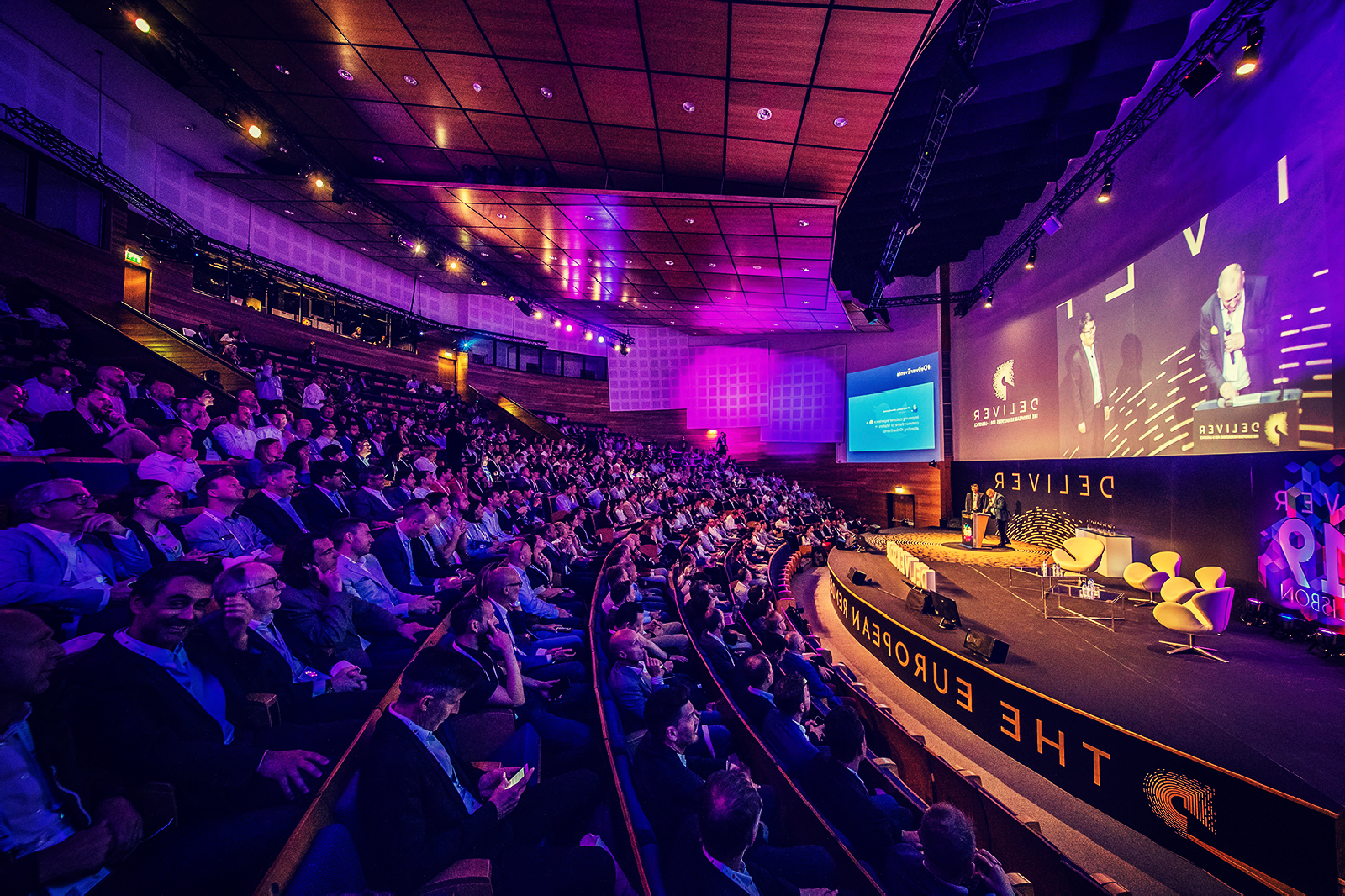Breaking Silos: Unlocking Value Through End-to-End Supply Chain Collaboration
The Detrimental Impact of Silos
The panellists universally attested to encountering silos throughout their professional careers, highlighting the profound negative consequences of teams working in isolation. Common issues identified included:
- Lack of Trust & Limited Decision-Making: Departments operating independently lead to distrust and hinder effective, timely decisions.
- Operational Inefficiencies: Duplication of effort, significant delays, and pervasive frustration are direct results of poor cross-functional alignment. As Ekin Gurbuz noted, this doesn't just affect efficiency but impacts team morale.
- Hindered Innovation & Growth: Isolated efforts act as a "blocker for growth" and limit the potential for creative solutions, as highlighted by Anne van de Poel.
- Omnichannel Complexity: Oliwia Guziel specifically pointed to the challenges within omnichannel companies like Decathlon, where the seamless customer experience, built or broken by trust, is constantly challenged by established retail processes clashing with newer e-commerce and digitalisation initiatives.
Strategies for Breaking Down Barriers
The panel then transitioned to practical strategies for dismantling these organisational walls, emphasizing that the solution always begins with leadership.
- Leading with a 'North Star': Anne van de Poel stressed the importance of leaders setting a common, cross-functional goal. This "north star" compels teams to collaborate, communicate, and align their efforts towards a shared objective, naturally breaking down traditional departmental boundaries.
- Mastering Communication: Beyond shared goals, effective communication is paramount. This involves training teams to "listen to understand" rather than just to be understood, fostering a win-win mindset, and teaching functional teams (like supply chain planners) to become true "business partners" by understanding the broader business problem. Storytelling also plays a crucial role in engaging audiences and bridging different functional perspectives.
- Leveraging Integrated Business Planning (IBP): Ekin Gurbuz highlighted the IBP process as a powerful tool. By placing finance at the core of IBP, for example, it transforms finance from a mere reporting function into a proactive driver of decisions, challenging assumptions and providing forward-looking insights. This 360-degree approach, including M&A footprint strategies viewed through a long-term company P&L lens rather than just cost optimization, significantly aids in silo reduction.
- Cultivating a Collaborative Culture: Oliwia Guziel championed the human element, stressing that collaboration is about "people and people are about the culture, the purpose, the growth, the fun." Key cultural strategies include:
- Diverse Teams: Recruiting teams with varied backgrounds rather than creating ultra-specialised units with exclusive jargon.
- Proactive Relationship Building: Engaging all stakeholders, including external partners like carrier companies, beyond crisis situations. Building relationships when "things are okay" allows for shared goals and anticipation of future challenges, moving away from blame games.
- Vulnerability & Trust: Creating an environment where teams feel safe to share ideas, challenge assumptions, and admit mistakes. This human side fosters trust and shared responsibility.
- Experiential Onboarding: Decathlon’s unique practice of requiring all new hires, even from finance or legal, to spend weeks working in stores or warehouses. This hands-on experience allows them to "feel the DNA of the company" and understand the daily struggles and complexities behind the numbers. This demonstrates a clear process for fostering cross-functional understanding.
The Tangible Benefits of Collaboration
Breaking silos yields a multitude of benefits, translating directly into enhanced business performance and a healthier organisational culture:
- Increased Efficiency & Effectiveness: Companies become more streamlined and capable of executing strategy.
- Boosted Creativity & Innovation: Trusting, collaborative environments foster new ideas and more effective problem-solving.
- Faster, More Agile Decision-Making: In today's dynamic environment, rapid and well-informed decisions are a significant competitive advantage, as highlighted by Ekin Gurbuz.
- Enhanced People Engagement & Stronger Teams: When individuals feel valued and see their contribution to the overall business, morale and job satisfaction soar, leading to a high-performance culture and a clear competitive edge.
- Proactive Mindset & Autonomy: Collaboration shifts teams from a reactive to a proactive stance, empowering them to take initiative and make autonomous decisions, knowing they have cross-functional support. The sum of these "little small improvements" can have a "big impact on the business."
Key Advice for Leaders
The panellists concluded with concise, actionable advice for the audience:
- Anne van de Poel: "Spend time with your teams on their unique contribution to the overall business strategy," not just functional KPIs. Help them understand their role in the long-term vision using simple language and storytelling.
- Ekin Gurbuz: "Listen carefully," create a safe environment for open dialogue, and encourage proactivity. Don't wait for problems; actively seek to understand different perspectives and challenge assumptions.
- Oliwia Guziel: "Mix the teams" beyond crisis, focusing on potential opportunities. Be intentional about simplifying language to avoid jargon, and "show a little bit of vulnerability" to build trust and shared responsibility.
In summary, the panel underscored that the true secret to unlocking value through end-to-end supply chain collaboration lies in a powerful blend of leadership, effective communication, and fostering a human-centric, collaborative culture. These principles are fundamental for building resilient, agile, and ultimately, highly successful organisations.



